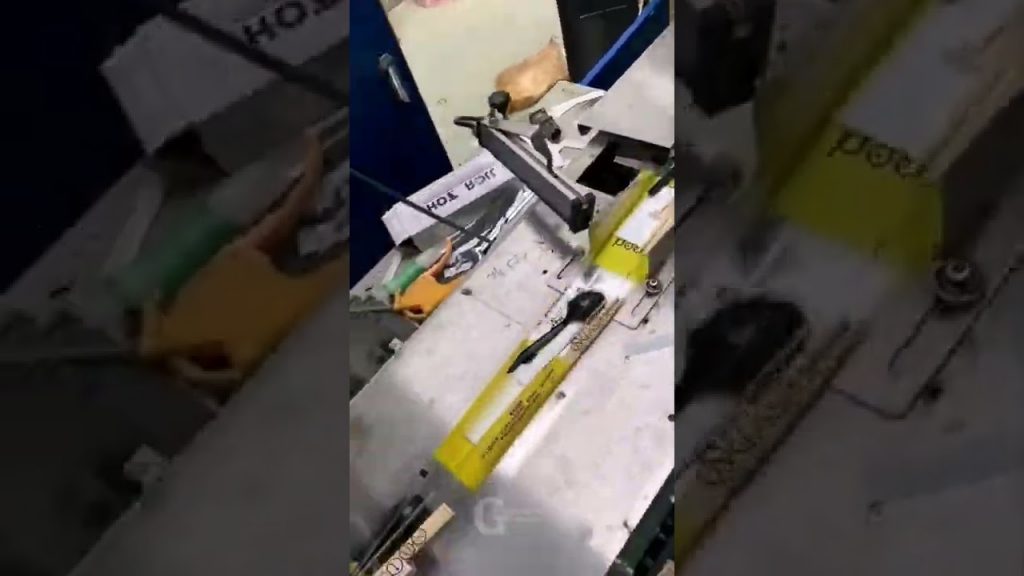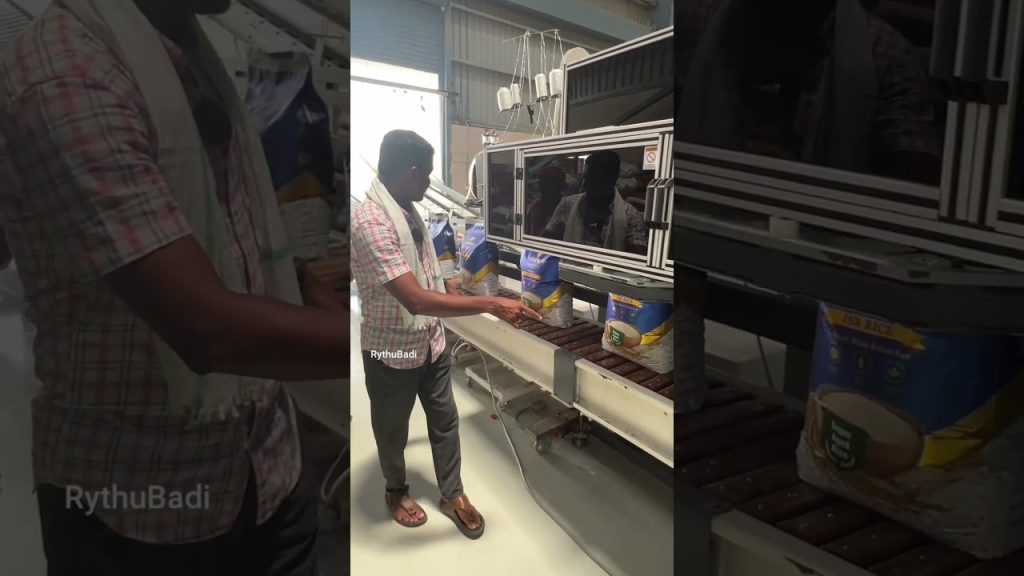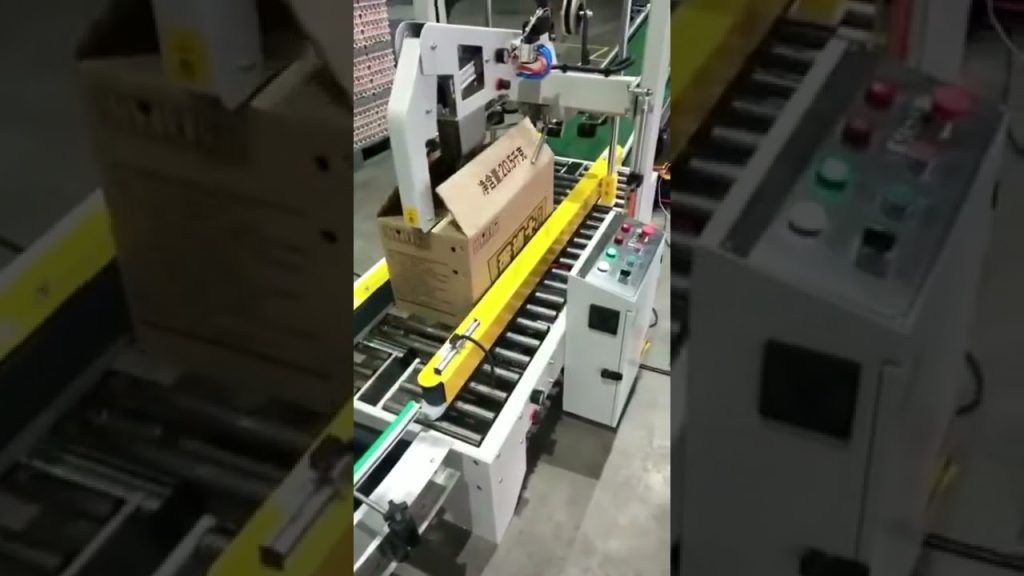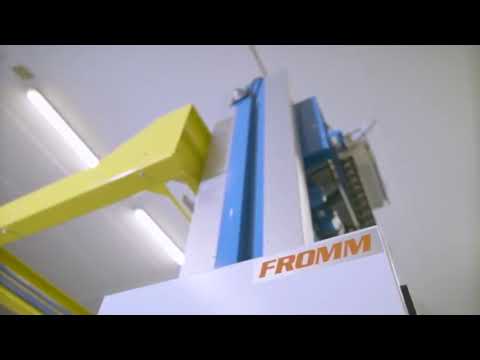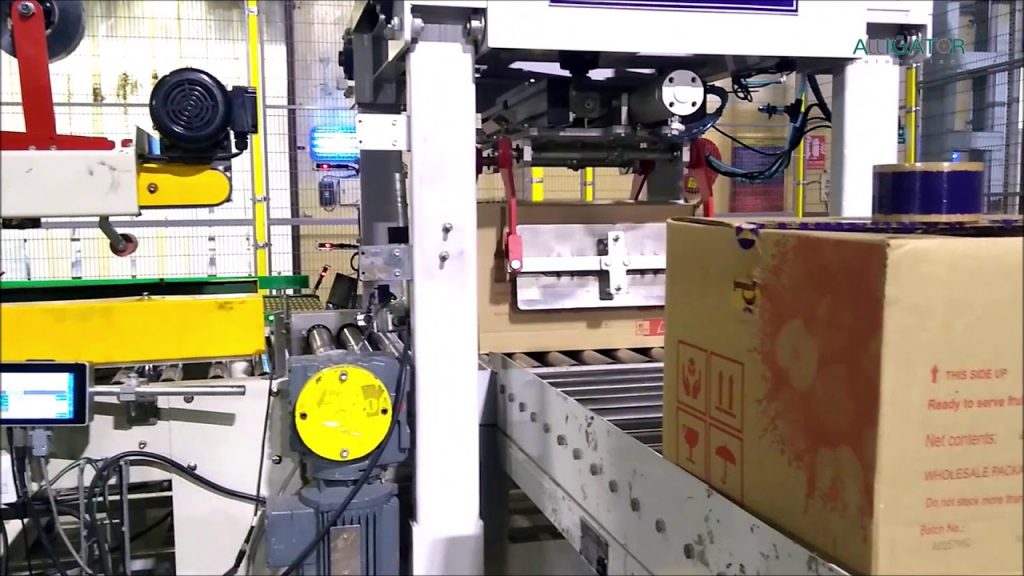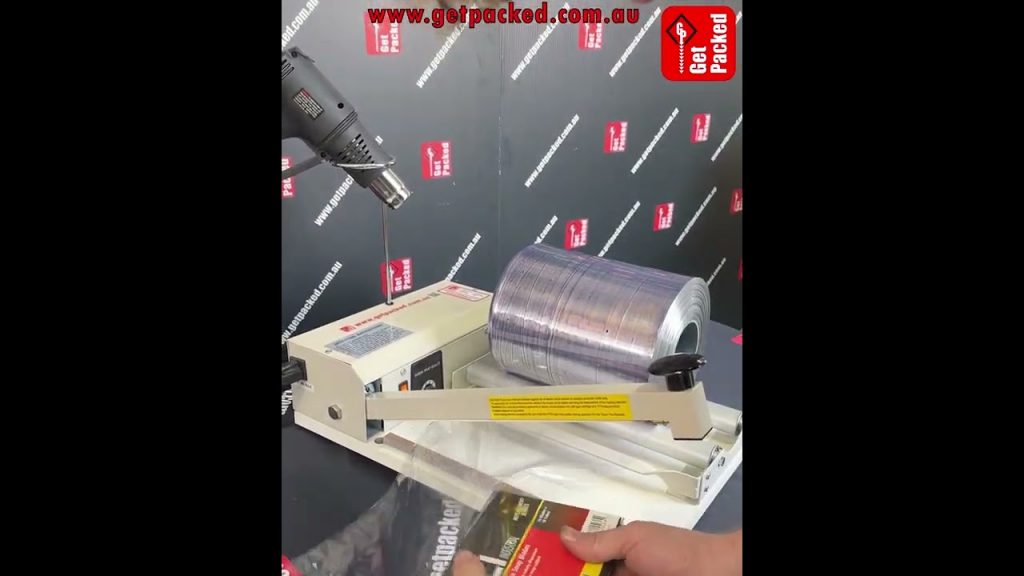Packaging System Automation: Revolutionizing the Manufacturing Industry
Introduction:
In today's fast-paced and competitive business environment, manufacturers are constantly seeking ways to optimize their production processes and increase efficiency. One area where significant improvements can be made is in packaging system automation. By implementing automated packaging systems, manufacturers can streamline their operations, reduce costs, and enhance overall productivity. In this article, we will explore the benefits of packaging system automation and its role in smart manufacturing.
I. The Rise of Packaging System Automation:
Over the years, the manufacturing industry has witnessed a gradual shift towards automation. This transformation has been driven by advancements in technology, increasing labor costs, and the need for greater production efficiency. Packaging system automation is an integral part of this evolution, as it allows manufacturers to automate the packaging process and eliminate manual labor.
II. The Benefits of Packaging System Automation:
1. Increased Efficiency: Automated packaging systems are designed to perform repetitive tasks with precision and accuracy. By automating the packaging process, manufacturers can achieve higher production rates and reduce the risk of errors or inconsistencies. This leads to improved efficiency and throughput.
2. Cost Reduction: Manual packaging processes often require a significant investment in labor, training, and maintenance. By automating these processes, manufacturers can reduce labor costs and minimize the risk of human error. Additionally, automated systems can optimize material usage, resulting in lower packaging material costs.
3. Enhanced Product Quality: Packaging system automation ensures consistent and standardized packaging, leading to improved product quality. Automated systems can handle delicate or fragile products with care, reducing the risk of damage during the packaging process. This, in turn, enhances customer satisfaction and reduces product returns.
4. Improved Safety: Manual packaging processes can be physically demanding and pose a risk of injury to workers. By automating these processes, manufacturers can create a safer working environment and minimize the risk of workplace accidents. This not only protects employees but also reduces downtime due to injuries.
5. Flexibility and Scalability: Automated packaging systems are highly adaptable and can be easily reconfigured to accommodate different product sizes, shapes, and packaging requirements. This flexibility allows manufacturers to quickly adjust their packaging processes to meet changing market demands and scale their operations as needed.
III. The Role of Packaging System Automation in Smart Manufacturing:
Smart manufacturing leverages cutting-edge technologies such as artificial intelligence, machine learning, and the Internet of Things (IoT) to optimize production processes. Packaging system automation plays a crucial role in smart manufacturing by seamlessly integrating with other automated systems and providing real-time data on packaging performance.
By collecting and analyzing data from automated packaging systems, manufacturers can gain valuable insights into their packaging processes. This data can be used to identify bottlenecks, optimize workflows, and make data-driven decisions to improve overall efficiency and productivity.
IV. Case Study: Revolutionizing the Packaging Process with Automation:
To illustrate the transformative power of packaging system automation, let's consider a case study of a leading manufacturer in the food and beverage industry. This company, faced with increasing production demands and a highly competitive market, decided to implement an automated packaging system.
By investing in state-of-the-art automation technology, the manufacturer was able to streamline its packaging process, reduce labor costs, and significantly increase production output. The automated system ensured consistent and precise packaging, leading to improved product quality and customer satisfaction. Moreover, the real-time data provided by the system allowed the manufacturer to optimize packaging workflows and identify areas for further improvement.
V. Conclusion:
Packaging system automation is revolutionizing the manufacturing industry by enabling manufacturers to optimize their production processes and enhance overall productivity. By implementing automated packaging systems, manufacturers can achieve increased efficiency, cost reduction, improved product quality, enhanced safety, and flexibility. These benefits, combined with the role of packaging system automation in smart manufacturing, make it a crucial component of the modern manufacturing landscape.
Check the coil packing solution with a leading manufacturer for a professional solution in packaging system automation. Packing System
"Revolutionizing Packaging Processes: Streamlining Automation in Smart Manufacturing"
